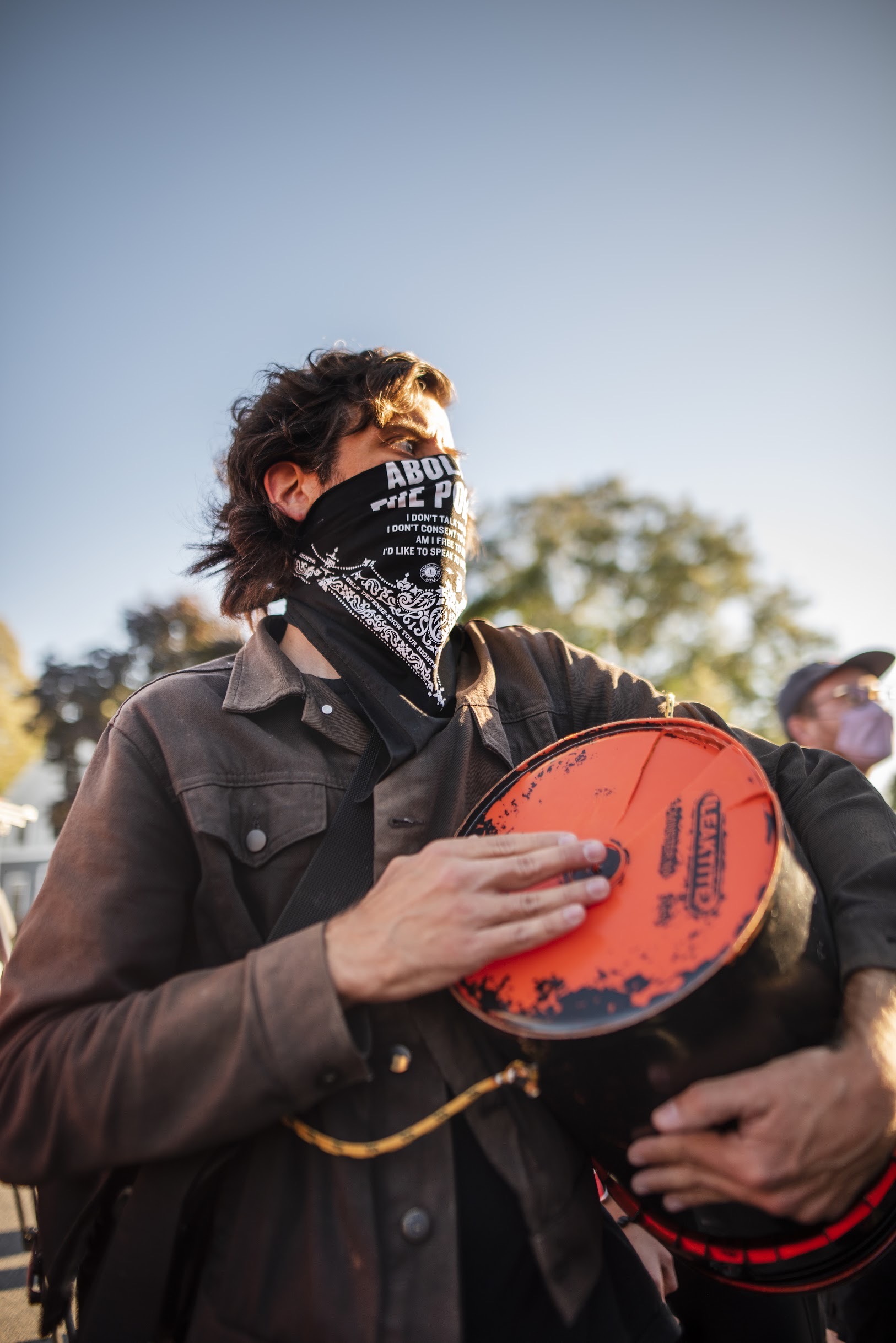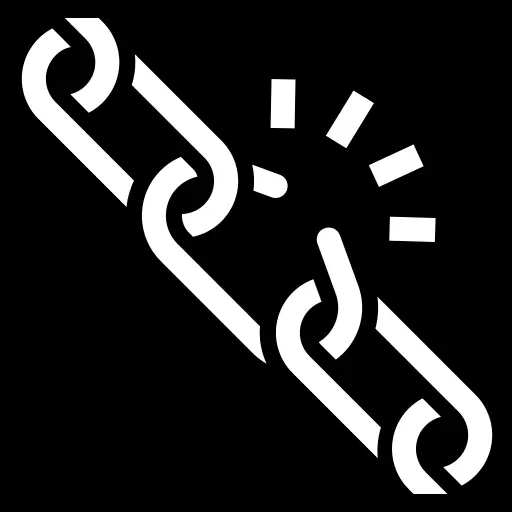April 17 marks Palestinian Prisoner’s Day, established by the Palestinian National Council in 1974 as a day to honor the thousands of Palestinian prisoners held in Israeli occupation prisons and to support their legitimate right to freedom. The date was chosen because it commemorates the release of prisoner Mahmoud Bakr Hijazi in the first prisoner exchange between the Palestinians and Israel. Accordingly, Palestinian Prisoner’s Day considers all those who have served time in prison as “icons of resistance,” thereby representing all Palestinians who have been under brutal occupation for the past 76 years.
In an interview with the New Arab, Charlotte Kates, Samidoun’s coordinator, confirmed that “Palestinians deeply value and honour the tremendous sacrifices that political prisoners have made for the liberation of their land. Each of their lives is precious to them.” She added that Palestinian prisoners are leaders of the resistance who have been detained because Israel understands that they are a threat to the settler colonial system and therefore wants to isolate them away from the world.
“From the earliest days of the Palestinian national liberation movement, imprisonment has always been a weapon used by the colonizer,” Kates confirmed, “and it has always been an inspiration for Palestinian resistance.” More than just the colonizer’s victims, she explained that prisoners are also “leaders, organizers and fighters. They organize behind bars and turn prisons into ‘revolutionary schools’ of the oppressed.” Because they are “central to the liberation movement,” their right to freedom must be part of the liberation struggle along with the isolation of Israel.


